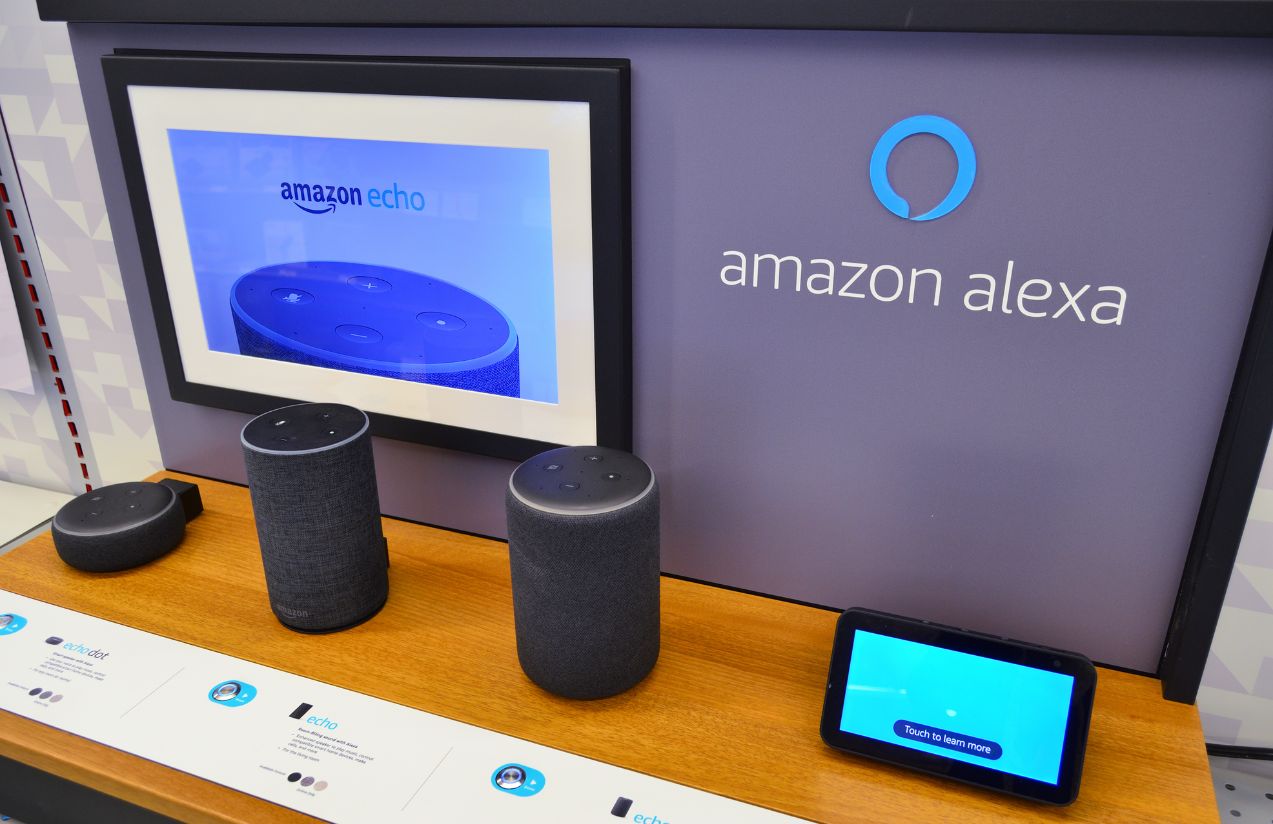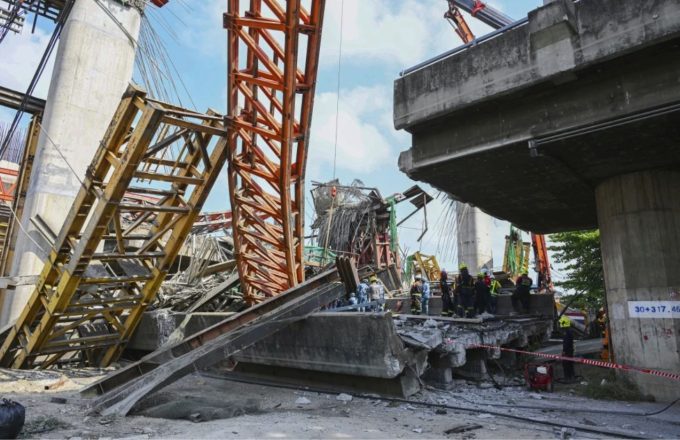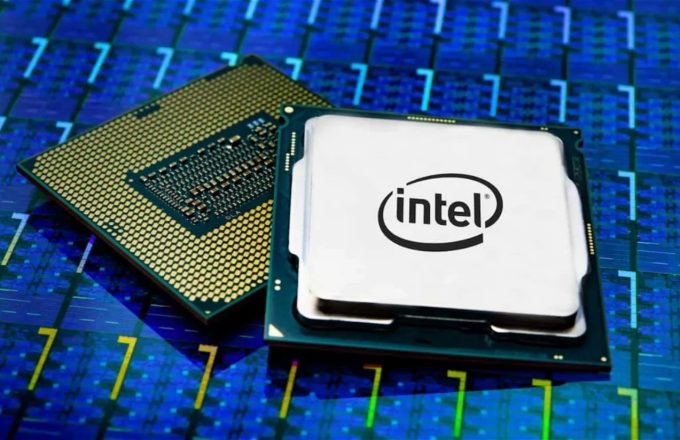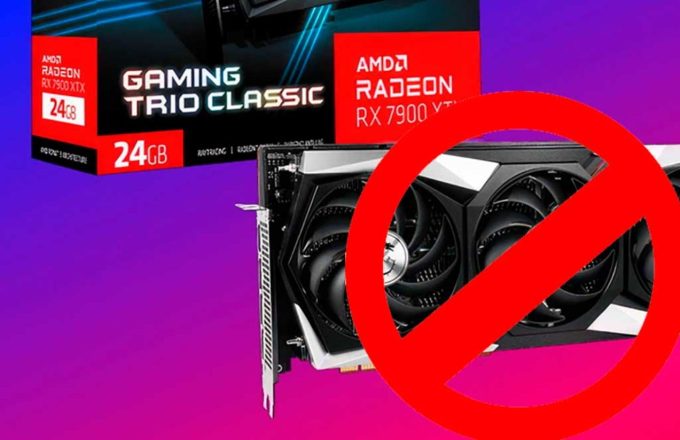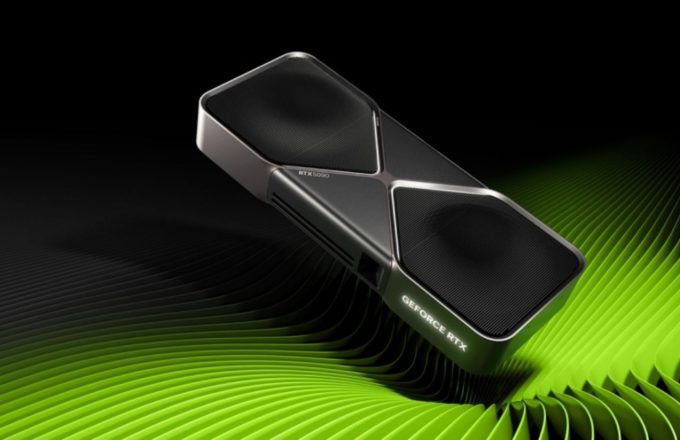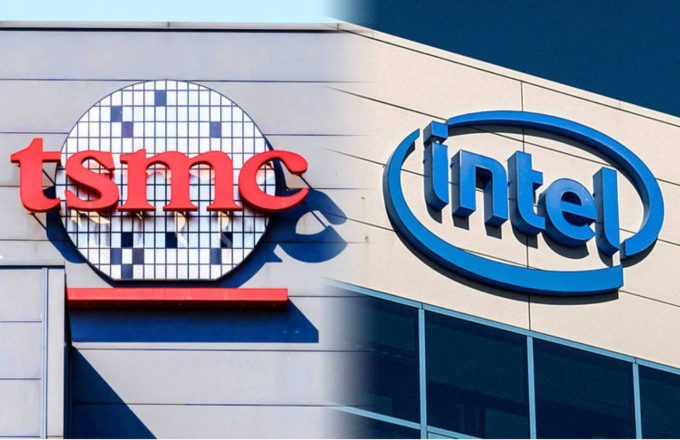Amazon makes a bold move with Alexa’s biggest upgrade in a decade. The launch marks the biggest transformation of the voice-activated assistant since its debut more than ten years ago. It is also a crucial test for Amazon and its new devices chief, Panos Panay, former head of Microsoft Surface, as they attempt to revitalize the company’s most important consumer electronics franchise.
From the start, Amazon’s vision for Alexa has been ambitious, but technology imposed limitations until now. “Until this moment, we have been constrained by technology,” said Panay, who leads the Devices & Services unit, during an event in New York. He explained that the teams have completely redesigned the “Alexa universe.”
In a demonstration video, Alexa was shown booking concert tickets, making restaurant reservations, and texting a babysitter. “It’s useful,” Panay repeated before demonstrating a smooth, continuous conversation with the upgraded software—an improvement over the rigid, single-question interactions that Alexa users are familiar with.
The Echo speakers powered by Alexa were a must-have gadget in the late 2010s, and Amazon made a massive effort to expand its ecosystem. However, voice shopping largely failed, and other revenue sources did not materialize as expected. As executives scaled back hiring and laid off thousands of employees, enthusiasm within the Alexa division faded.
The real challenge came when OpenAI launched ChatGPT in late 2022. While the AI tool captured global attention, Alexa remained primarily a kitchen timer and trivia machine for most users.
Dave Limp, Panay’s predecessor, announced an AI-powered Alexa in September 2023, with such confidence in the upgrade that Amazon invited users to sign up for early access. Initially, the release was scheduled for early 2024, but it was delayed by a year because the software was not ready.
Early testers found that the new Alexa did not match ChatGPT’s capabilities, and in some cases, the assistant wouldn’t stop talking uncontrollably. Additionally, the complexity of generative AI posed a challenge, as it tends to include incorrect information in responses that sound authentic.
Another hurdle was Alexa’s software architecture, which was designed to retrieve prewritten responses rather than generate them in real-time. During internal tests, some devices even stopped functioning while trying to transition to the new AI model.
Because of this, Amazon chose not to risk an early release. Internally, the company believed it had only one shot at restoring Alexa’s relevance in the AI era.


